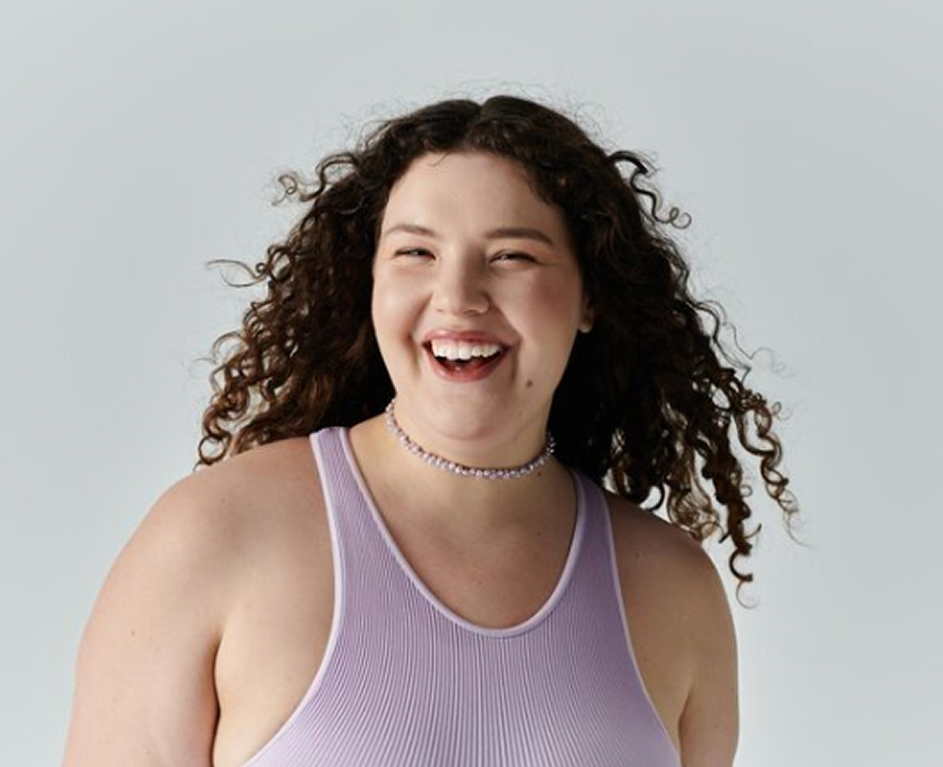How to Prevent Hair Loss in Women
Hair thinning in women is common—and often preventable or treatable when you act early. Below we share evidence-based habits, when to see a specialist, and how two options we offer at Mint Med—oral minoxidil and a minoxidil shampoo—can fit into a comprehensive plan.
Why Women Lose Hair
Female pattern hair loss (FPHL) is the most common cause: gradual thinning at the crown or part line due to genetics and hormones. Other drivers include thyroid or iron issues, postpartum or illness-related shedding (telogen effluvium), traction from tight styles, and scalp conditions. Early evaluation helps tailor treatment and protect follicles. 1
Daily Habits That Protect Your Hair
- Nourish from within: Adequate protein plus screening/correcting iron, vitamin D, zinc as indicated.
- Be gentle: Minimize tight styles/extension tension, harsh chemical processes, and high-heat tools.
- Scalp health: Wash regularly with a gentle cleanser; massage lightly to support micro-circulation.
- Stress & sleep: Manage chronic stressors and prioritize restorative sleep—both influence shedding cycles.
Medical Options with Strong Evidence
Topical Minoxidil (the gold standard)
Topical minoxidil has decades of randomized clinical trial data in women, with 5% formulations outperforming 2% and placebo over ~48 weeks. Consistent daily application and ongoing use are critical. 3, 4, 2
Oral Minoxidil (low-dose, prescription-only)
Oral minoxidil (LDOM) is an off-label option supported by growing studies in women with FPHL. Low doses (e.g., 0.25–1 mg/day in studies) have shown meaningful improvement for many patients, with the most common side effect being increased body hair; less commonly, fluid retention or faster heartbeat can occur and are dose-managed. It requires medical screening and monitoring. 5, 6, 7
Where Mint Med Fits In
1) Oral Minoxidil — available at Mint Med
For appropriate candidates, our clinicians may prescribe low-dose oral minoxidil with individualized titration and follow-up (blood pressure/side-effect checks). This route can help patients who prefer a once-daily pill or who’ve struggled with topical adherence. 5, 7
2) Minoxidil Shampoo — available at Mint Med
We also offer a minoxidil shampoo as a convenient, gentle way to establish a daily scalp-care habit and deliver minoxidil exposure during cleansing. Classic trials for minoxidil used leave-on solutions/foams, which have the most robust evidence; shampoos provide shorter contact time, so we position them as an adjunct for sensitive scalps or as an on-ramp to a fuller regimen. Our team can help you pair shampoo use with an evening leave-on topical or with oral therapy, depending on your goals and tolerance. 8, 3,
Medical disclaimer: This article is for educational purposes and isn’t medical advice. Oral minoxidil is an off-label treatment for hair loss and requires clinical evaluation and monitoring.
References
- American Academy of Dermatology. Could it be female pattern hair loss? (Dec 13, 2022). aad.org.
- American Academy of Dermatology. Hair loss: Diagnosis and treatment. (Dec 13, 2022). aad.org.
- Olsen EA, et al. Randomized trial of topical minoxidil in women, 48 weeks. J Am Acad Dermatol. 2002. PubMed.
- Lucky AW, et al. 5% and 2% topical minoxidil vs placebo, women with FPHL, 48 weeks. J Am Acad Dermatol. 2004. PubMed.
- Rodrigues-Barata R, et al. Low-Dose Oral Minoxidil for FPHL, retrospective cohort. 2020. PMC.
- de Sousa e Silva MN, et al. Randomized trial of low-dose oral minoxidil (0.25 vs 1 mg/day). J Am Acad Dermatol. 2022. JAAD.
- Cleveland Clinic. Oral Minoxidil Offers Strong Results Against Alopecia. 2022. consultqd.clevelandclinic.org.
- Suchonwanit P, et al. Minoxidil and its use in hair disorders: a review. 2019. PMC.


Share:
Medication for anxiety: A complete guide
Balancing Hormones, Boosting Desire: How Stress Impacts Your Sex Drive